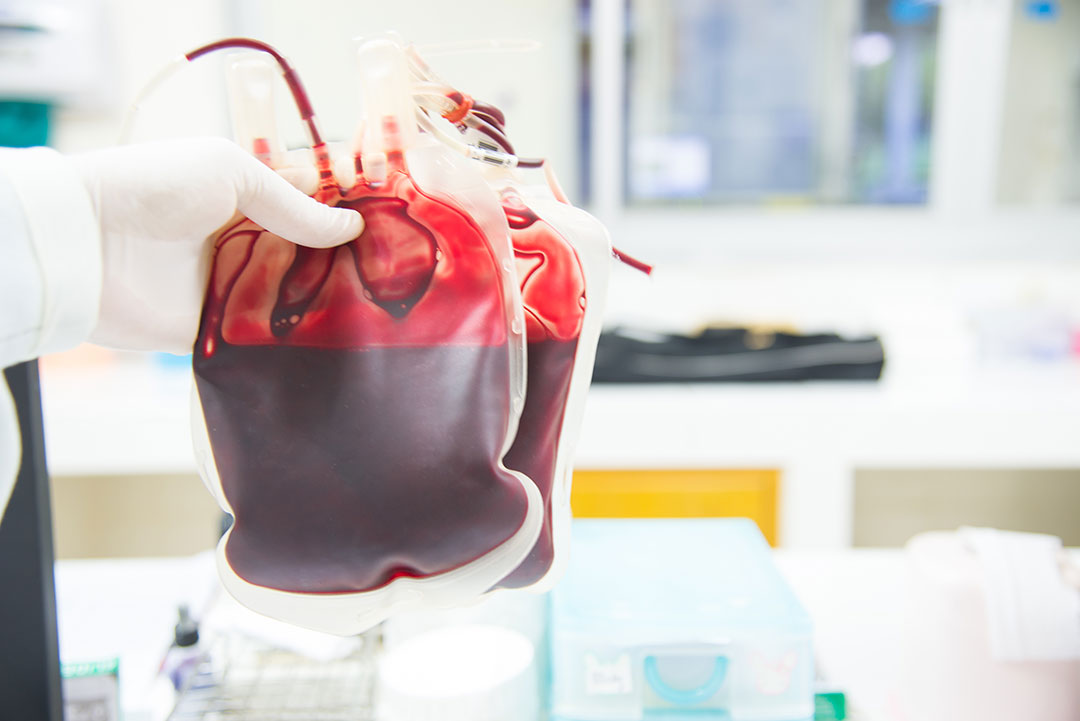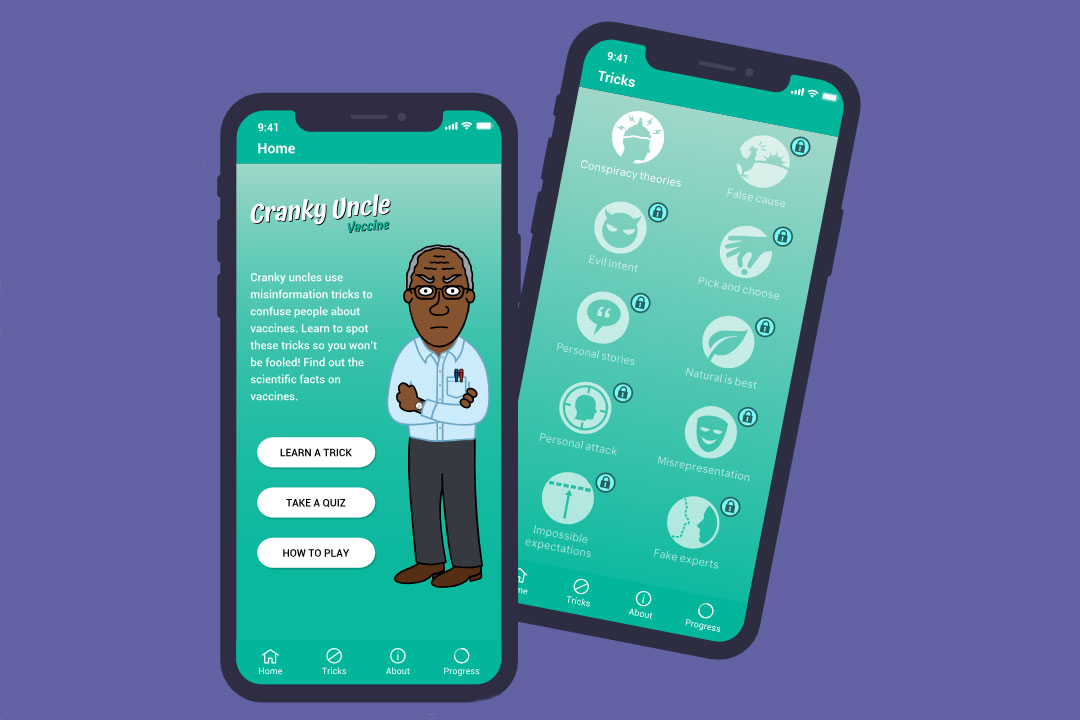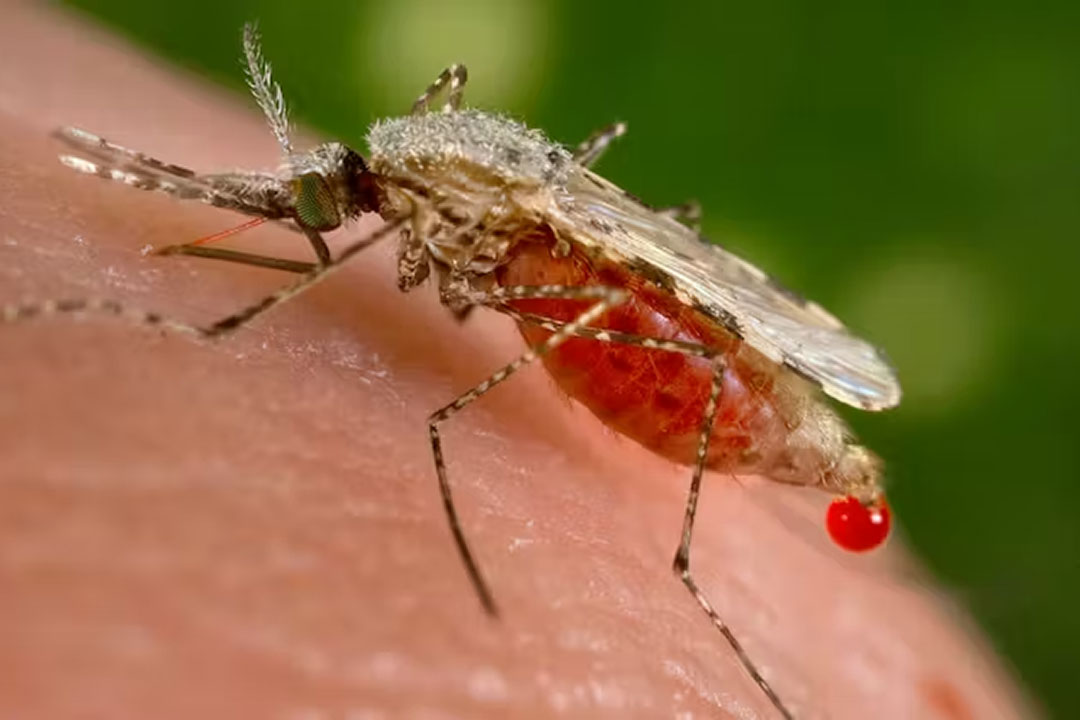Long COVID: with no treatment options, it’s little wonder people are seeking unproven therapies like ‘blood washing’
Long COVID patients are taking desperate measures in the hope of getting better. It’s time to increase our focus on testing potential long COVID treatments in clinical trials.
- 22 July 2022
- 5 min read
- by The Conversation

A recent investigation published by the British Medical Journal revealed that long COVID patients are travelling abroad to seek expensive “blood washing” treatment.
This experimental treatment – the medical name for which is apheresis – involves taking blood from the body and “filtering” it. Essentially, when blood is spun quickly in a centrifuge, it separates into layers. You can then either filter out specific components or remove some layers and replace these with more desirable fluids. The blood is then returned to the body through another vein.
Apheresis can be effective for some conditions like sickle cell disease, where abnormal red blood cells can be removed, and leukaemia, where the patient can have white cells removed and even receive white cells collected from a healthy donor.
Thousands of people experiencing the debilitating symptoms of long covid are travelling abroad to seek costly but unproven treatments such as “blood washing." @madlendavies reports in this Investigation by The BMJ and ITV Newshttps://t.co/ZjNe7h3zIF
— The BMJ (@bmj_latest) July 15, 2022
As a treatment for long COVID, apheresis is proposed to filter out circulating factors in the blood that are involved in inflammation and clotting. It has yet to be proven effective in any meaningful trial in this context, and is not without risks. Nonetheless, it’s getting a lot of attention, especially driven by social media.
But who can blame long COVID patients for pursuing experimental and unproven treatments? We have failed to fully define the spectrum of disease contributing to long COVID. More disappointingly, we have failed to start good-quality trials of potential long COVID treatments. There is an empty space worldwide where there should be a huge, co-ordinated effort.
A public health disaster is emerging
As we come to understand the medium and longer-term health problems many people are facing after COVID-19 infection, it’s akin to watching a car crash unfold in slow motion.
In the medium term, we’re seeing a modest but real increase in blood clots (these are not microclots but normal clots visible on traditional imaging). We’re noticing this even in patients who weren’t hospitalised with COVID-19. Meanwhile, new diagnoses of conditions like diabetes are more frequent in patients who have recovered from the virus.
During the first year of the pandemic, more than one in four patients who survived hospital had died or were back in hospital within the first few months of being discharged. Although vaccines are likely to have helped, we still don’t know if this has changed in more recent waves. If these trends continue, health services are looking at a double whammy of patients needing care during their initial infection, then these patients’ ongoing and significant healthcare requirements down the track.
All of this is before we’ve even got to the challenge of treating long COVID. We don’t have an accurate handle on how many people are affected, partly due to the lack of standardised definitions and diagnostic criteria. The impact cannot at present be underestimated.
Now, patients are taking increasingly desperate measures in hope of seeing some improvement to their chronic symptoms. Apheresis is not the first purported panacea, and it won’t be the last.
We need trials
Many of the leading proponents of unproven treatments like apheresis will tell you that we just need to start treating patients with long COVID; that there’s no time to run clinical trials – and that trials are not needed anyway as anecdotal evidence is powerful. I heard that same argument about treatments for COVID-19, often made by the same people, at the start of the first wave.
This was proven to be the wrong approach. Treatments touted as promising early on – such as hydroxychloroquine and ivermectin – were later shown to be ineffective. Therapies like dexamethasone and tocilizumab, meanwhile, have been proven to save lives in rigorous trials and have altered the course of the pandemic.
Have you read?

Both in the realms of vaccines and antiviral treatments, we have proven we can run trials at scale and pace in the pandemic. But right now we’re not applying these lessons to long COVID.
My colleagues and I have set up the HEAL-COVID study, which has recruited more than 1,000 people who have been hospitalised with COVID-19. We’re aiming to identify possible treatments that could improve longer-term outcomes for these patients, and ideally prevent the onset of chronic health problems.
However, when we get further down the road and look at established long COVID, research in terms of treatment is currently sparse. There are exceptions such as the community treatment study STIMULATE-ICP, but they are notable for standing out from a less than crowded field.
Into this evidence gap steps a combination of misguided evangelists, well-meaning people who are just trying to offer hope and assistance, and the worst type of charlatans who prey on the sick and vulnerable. So we urgently need to force the requirement for well-funded, large-scale and definitive clinical trials up the agenda.
If we can do it at the height of a pandemic with a few weeks notice, why is now any different? Trials for long COVID treatments are indeed complex due, among other factors, to the broad range of symptoms and ideas about what might be driving them. But this complexity is not insurmountable.
If we don’t invest resources and funding to get these trials done, many people will be exposed to unproven treatments at great expense and with possible harms. And at the end of it, we still won’t know if any of them actually work. The burden on healthcare systems, not to mention people and families, will be enormous.![]()
Authors
Mark Toshner, Lecturer in Translational Respiratory Medicine, University of Cambridge

This article is republished from The Conversation under a Creative Commons license. Read the original article.
Disclosure statement
Mark Toshner receives funding from the NIHR for work on Covid-19 treatments. Dr Toshner sits on scientific advisory boards for Jansen and has received and honoraria from GSK and Jansen.
Partners

University of Cambridge provides funding as a member of The Conversation UK.
More from The Conversation
Recommended for you









